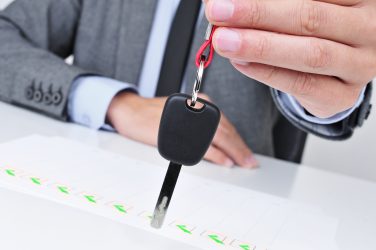
Due to the coronavirus pandemic, many people in the UK are now working from home or have been placed on furlough leave, meaning that they are not using their employer-provided company car. But what is the impact on the benefit in kind (BIK)?
Benefits in kind are taxed based on availability for private use, irrespective of whether it is used or not, but HM Revenue & Customs (HMRC) recently announced some potential relief during the current lockdown measures.
It must be noted that to either pause or cease a company car benefit, the car must be unavailable for at least 30 consecutive days, and any shorted periods of unavailability do not stop the benefit clock.
HMRC has said that it will accept that a car is unavailable if the employee:
- is unable to gain access to the car because they do not have the keys to the car, and has no power or authority to direct the person who has the keys to hand them over
- has no power or authority to direct the person who has the keys to drive the employee to a location of the employee’s choice
- is physically incapable of using the car – e.g. it has broken down and has not been repaired, or is in the garage undergoing repairs
If company cars are returned to the company premises by the employee, or the keys are posted or handed into the office, this should be satisfactory.
The employer may introduce a policy that prohibits private use, which would avoid employees having to hand back the car or keys, but HMRC will require evidence that the car has not been used privately in the period in question, with trackers being able to demonstrate this.
In this case, a written agreement should be drawn up and signed by the employer and the employee, declaring that the use of the car for private use has been withdrawn.
It should be noted that should the car availability be paused for 30 days or longer, then the fuel scale charge for BIK purposes will also be paused.
If the benefit is reduced through a lack of availability, then income tax will be reduced for the employee, and Class 1A National Insurance will be reduced for the employer.

